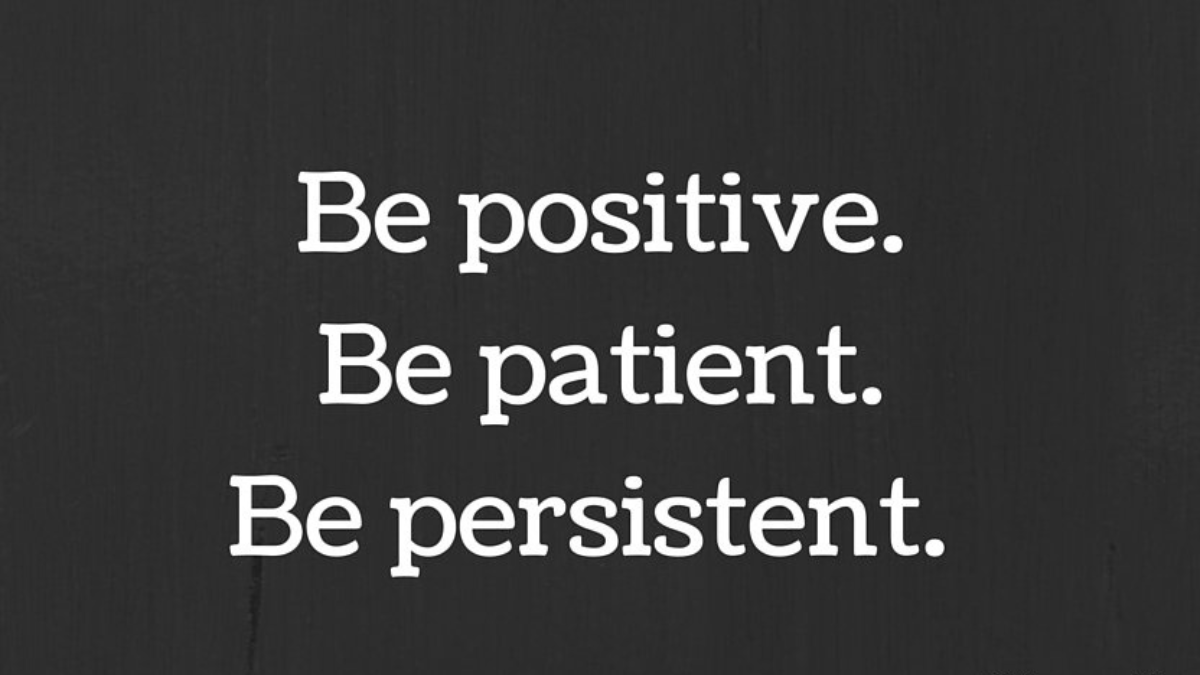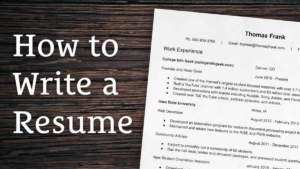Changing careers can seem daunting, but with proper planning and preparation, it is possible to successfully transition to a completely new field. Here are some tips on how to make a career change even if your background and experience don’t match your new career goals.
Do Your Research
Before making a career change, thoroughly research the field you want to enter. Learn the typical entry-level job titles and responsibilities. Find out what qualifications, certifications or education you may need. Understanding the day-to-day work will help you determine if the career is right for you.

Additionally, research potential employers and seek out companies that value transferable skills. Having an employer willing to help transition employees from different backgrounds will improve your chances of success.
Take Stock of Your Skills
Make a comprehensive list of all your skills, knowledge and experience. Include everything from formal education, certifications and technical skills to soft skills like communication, time management and ability to work on a team.
You likely have relevant abilities even if your background is not a direct match. Highlight transferable skills applicable to the new career. This inventory will come in handy for crafting resumes and cover letters.
Furthermore, reflect on what motivates you and identify what aspects of the new career align with your interests and values. Understanding your own motivations will help in interviews when explaining your passion for the new field.
Get the Necessary Training
Once you identify any skills gaps, get the credentials you lack through training and education. You may need to take courses, get a certification or even a whole new degree. An advanced degree like a Masters can help pivot your career even if the field differs from your previous education.

If a full-degree program isn’t feasible, take individual courses to fill in gaps. Many online programs offer the flexibility to take only certain required classes. Consider a bootcamp or specialized training program that teaches just the skills you need.
In addition, seek out free resources like online tutorials, webinars and professional associations in your target field that offer training and networking opportunities.
Gain Relevant Experience
Any experience in your desired field, even in an entry-level role, will make hiring managers take your career change goal more seriously. Look for volunteer work, internships or short-term contract work related to the new career. Some companies offer informational interviews or job shadowing opportunities.
Furthermore, emphasize different responsibilities in your past jobs that show skills the new career requires. Quantify accomplishments using numbers and data whenever possible. If you can’t directly switch roles, take on projects or tasks in your current job that let you demonstrate applicable abilities.
Update Your Materials

With a transition to a totally new industry, your resume, cover letter, LinkedIn profile and other materials must be overhauled. Refocus everything through the lens of the new career you want.
Craft a strong summary positioning you for the new field. Use targeted keywords related to your new industry throughout your materials. Highlight new credentials and training and explain how your background transfers.
In addition, develop an elevator pitch explaining your career change rationale. Be ready to discuss your passion and fit for the new role. Prepare stories relating your abilities to the needs of the new job.
Leverage Your Network
Networking is critical when changing fields. Tell everyone in your network you are looking to make the switch. You never know who may have a contact or helpful insight. Attend industry association meetings and conferences to expand your network.
Also, connect with people already working in your target field. Set up informational interviews to get insider advice and tips. Maintain these relationships even after you’ve transitioned as an ongoing career resource.
Furthermore, use LinkedIn and social media to connect with professionals in your desired field. Follow companies you want to work for and interact with their posts.
Consider Job Search Assistance

If you are struggling to get interviews or land a job offer, consider hiring a career coach or resume writer familiar with career changers. Many provide services to help craft materials, practice interviews and market yourself effectively.
Additionally, for federal government jobs, eligibility programs like CareerSpark for veterans or the Workforce Recruitment Program for people with disabilities can provide assistance.
Your college career center may also have specialists to help alumni making career transitions.
Be Patient But Persistent
Changing fields can elongate the job search process. Be prepared that it may take well over 6 months. However, sticking with your goal, continuously improving your skillset and selling your transferable abilities will ultimately pay off.
Additionally, be open to lateral moves at first. Consider taking a more junior role to get your foot in the door, and then work your way up.
Before you know it, with grit and determination, you will be thriving in your new career! Make the fear of change your motivation rather than a roadblock.
Switching to a totally different industry is challenging but doable. Take stock of your existing skills, fill in any gaps with training and focus your job search efforts. With the right preparation and persistence, you can successfully transition to the career you want, even if you have no directly related experience.

FAQ
FAQ 1: I have no experience in my desired new career. Is it still possible to change fields?
Solution: Yes, with proper training and by highlighting transferable skills, you can still successfully change careers to a completely new field.
FAQ 2: What is the most important thing I should do when changing careers?
Solution: The most important thing is to thoroughly research the new career field and understand the required qualifications and day-to-day responsibilities.
FAQ 3: How long does it take to change careers completely?
Solution: It typically takes at least 6 months to change careers, but can take over a year with planning, training, and persistent job search efforts.
FAQ 4: Should I take a more junior role first when changing careers?
Solution: Yes, taking a junior role, internship, or volunteer position in your desired new field can help you get your foot in the door and gain relevant experience.
FAQ 5: How important is networking when changing careers?
Solution: Networking is critical in order to expand your connections in the new field and get insider advice. Leverage your existing network and build new connections.






Fantastic beat I would like to apprentice while you amend your web site how could i subscribe for a blog site The account helped me a acceptable deal I had been a little bit acquainted of this your broadcast offered bright clear concept